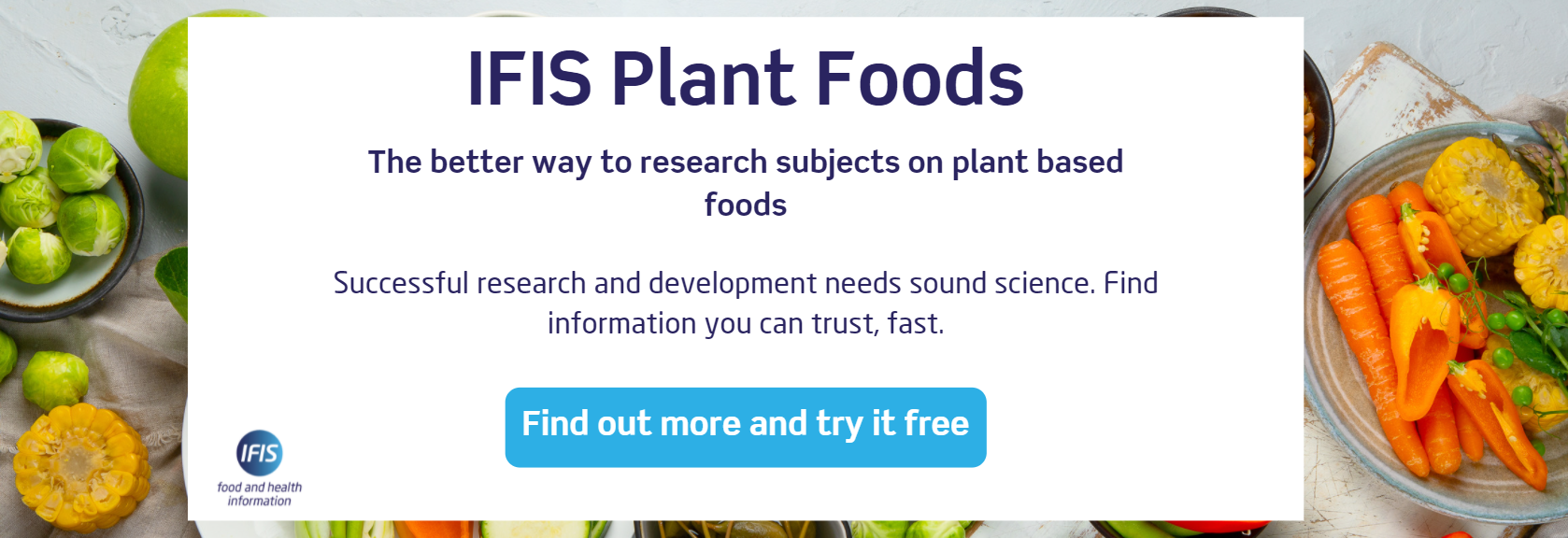On Monday 15th October 2018, individuals from various not for profit food organisations and embassies gathered in the auspicious surroundings of the new US Embassy in Vauxhall, London, to hear a fascinating talk by David Welch from the Good Food Institute on ‘Opportunities in Plant-Based and Clean Meat’.
Rearing animals for meat is an inefficient and environmentally damaging process. For example, in order to produce 1 calorie’s worth of pork, a pig must consume 10 calories, meaning that only 10% of its feed intake is converted into something we can eat. Globally, livestock occupies 77% of agricultural land and consumes 33% of cultivated crops. On top of this, worldwide demand for meat is increasing at an alarming rate.
Big meat companies are starting to rebrand themselves as protein companies. Plants are one of the most important sources of this protein and the market for plant-based meat and dairy products is booming. This trend, driven mainly by millennials and flexitarians, is predicted to accelerate and niche companies in this sector have been bought out by food giants such as Nestle. However, many consumers don’t necessarily want vegan products and they don’t believe that plant-based meat substitutes can beat the real thing – they want real meat.
This is where clean, otherwise known as 'cultured' meat comes in. Derived from a small sample of cells taken from an animal, clean meat is produced by cell culture in bioreactors, followed by cell perfusion to make the cells differentiate into muscle, fat and connective tissue. The final product aims to replicate the sensory and nutritional profile of conventional meat without having to slaughter a single animal. Development of clean meat products is still in its infancy, with considerable scope for further growth. A handful of companies have already produced clean meatballs, burgers and similar products on an experimental basis and others are said to be working in stealth mode, conducting research behind closed doors. The number of companies involved in clean meat R & D has increased from 1 in 2015 to around 30 in 2018.
Clean meat manufacturers will face many challenges before their products can be brought to market in a big way. On the practical side, considerable scale up of equipment and raw materials will be required. Also, the term “clean” may need to be replaced to avoid conflicts with clean label and natural food promoters. Possibly more worryingly for marketers, consumer reaction is difficult to predict. Will consumers see any distinction at all between clean and reared meat? To horribly misquote Shakespeare - will they decide that a pork sausage by any other name will smell as sweet - and be happy to buy it?


